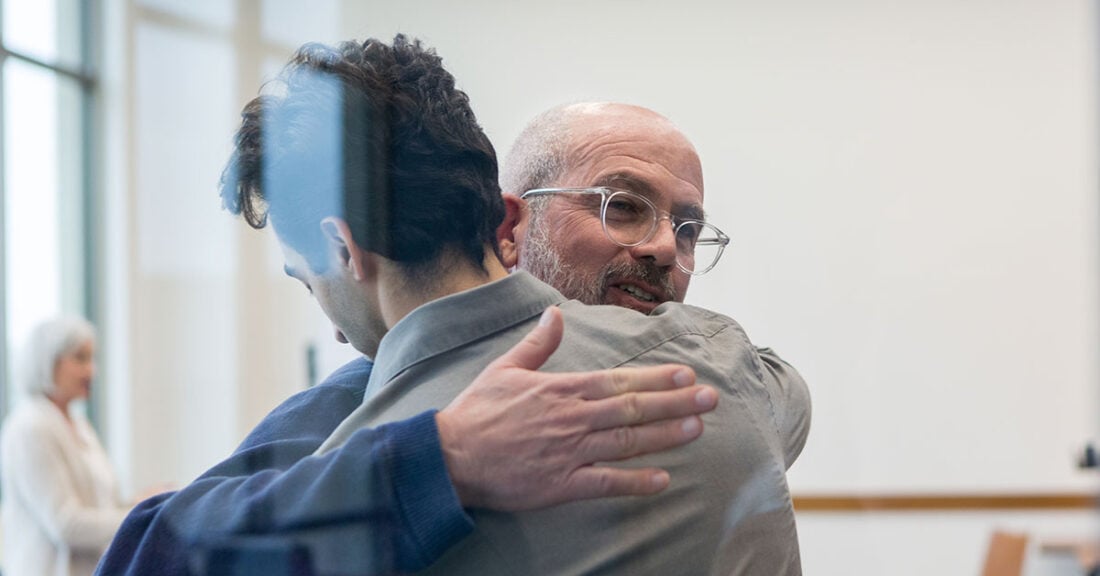Webinars Explore Restorative Justice

The Annie E. Casey Foundation hosted webinars on Jan. 25 and Feb. 17, 2021, respectively, on how communities can use restorative justice as a constructive and more equitable response when young people break the law in ways that cause harm. Restorative justice provides an effective way to address wrongdoing and do right by the people harmed. It offers opportunities outside of the juvenile justice system for young people to take accountability for harm they have caused. It acknowledges that legal proceedings can be difficult and unproductive for those harmed, those responsible for the harm, their families and other community members.
“Restorative justice represents a complete paradigm shift from viewing harm as a violation of the law to understanding it as a violation of people and relationships that requires accountability and healing,” says Ashlee George, associate director of Impact Justice’s Restorative Justice Project and a panelist for the first of these webinars. “This approach gives all communities, especially marginalized ones, a powerful tool to replace the criminalization of youth of color.”
The Casey Foundation’s webinars are geared toward youth justice practitioners, racial justice advocates and leaders of youth-oriented community-based organizations. The webinars feature experts from Impact Justice, a Casey grantee and national nonprofit organization that promotes restorative justice and other solutions to prevent or minimize justice system involvement, and professionals in the justice and nonprofit sectors who are implementing restorative justice as an effective response to wrongdoing by young people in their communities.
The Pretrial Justice Institute — Casey’s JDAI training partner — organized the webinars for JDAIconnect.
Addressing Racial and Ethnic Disparities That Criminalize Communities of Color Through Restorative Justice
Panelists include:
- Sheila Calloway, Judge, Juvenile Court of Metropolitan Nashville and Davidson County, Tennessee
- Stephanie Medley, Youth Justice Director, RYSE Youth Center, Richmond, California
- Ashlee George, Co-Director, Restorative Justice Program, Impact Justice
- Sia Henry, Senior Program Specialist, Restorative Justice Program, Impact Justice
The Importance of Community-Held Restorative Justice Programs
Panelists include:
- Venus D. Johnson, Chief Assistant District Attorney, Contra Costa County (Sacramento), California
- Tanisha “Wakumi” Douglas, Co-Founder and Executive Director, S.O.U.L. Sisters Leadership Collaborative, Miami
- Sandra Rodriguez, Senior Program Specialist, Restorative Justice Program, Impact Justice
- Erica Washington, Senior Program Associate, Restorative Justice Program, Impact Justice





